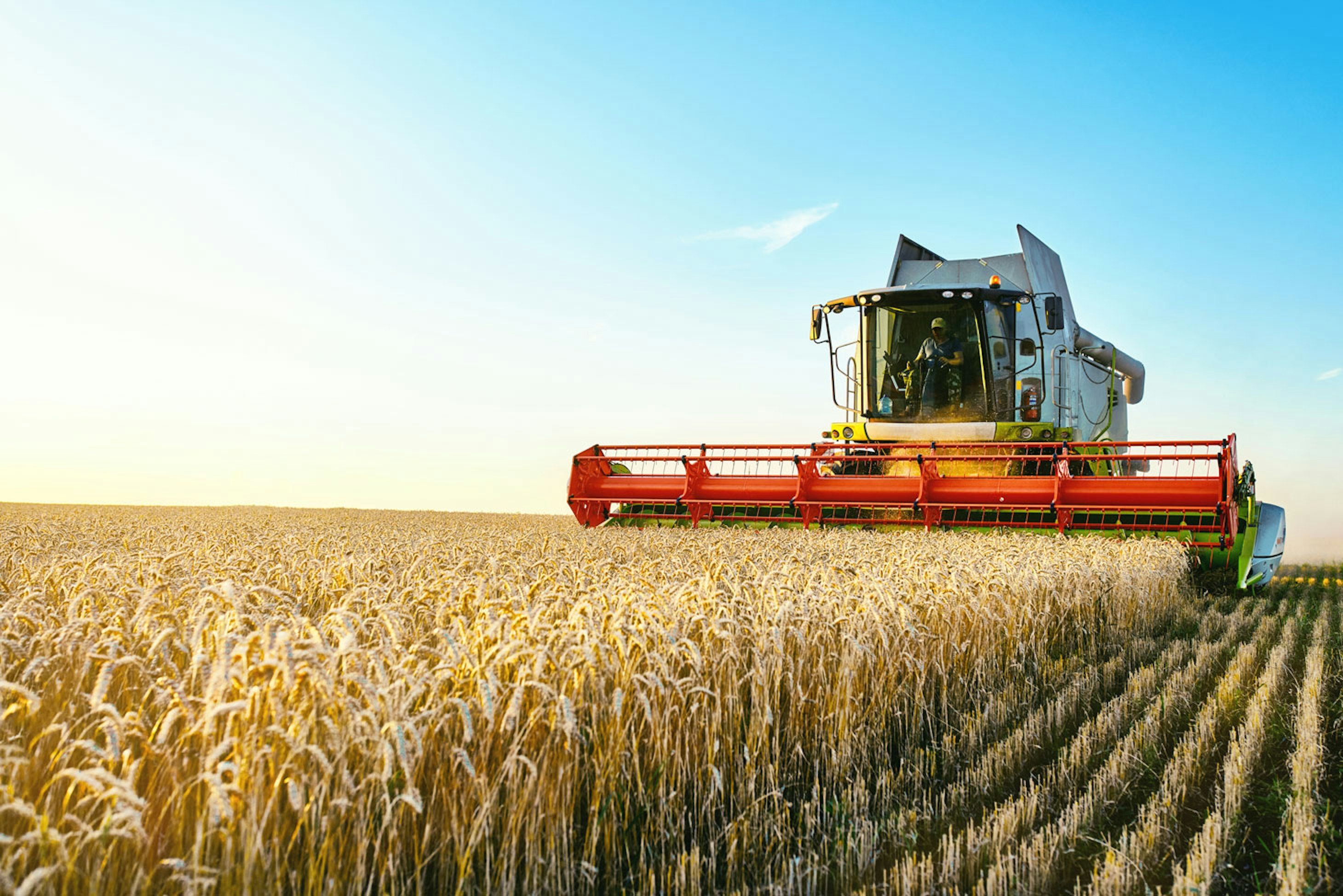Guide to farm succession planning
For many businesses, succession planning is a crucial part of any long-term strategy. But when your business is also a way of life, planning for the future can feel like you’re signalling you’re ready to retire which can mean you avoid the topic altogether.
By Alan Boswell Group

However, the absence of succession planning can mean you’re unwittingly placing your farm business at financial risk. Here, we explore why farm succession planning in the UK is important and what you should consider when putting a plan together.
What is farm succession planning?
It’s important to point out that farm succession isn’t a declaration of your imminent retirement. It’s simply about putting a long-term strategy in place to ensure that the business continues to operate when you do decide to retire.
A farm succession plan will enable you to set out future business goals as well as how and who you’ll hand overall control to. Moreover, it’s your opportunity to shape the commercial future of the farm and leave a legacy long after retirement.
Why is farm succession planning necessary?
The implications of not having a succession plan in place can be serious and have far-reaching effects. Without future planning there is uncertainty about how the business will be run and by who. This can ultimately put the farm at financial risk while these issues are being resolved.
Not only that, if you own a family farm those issues can be exacerbated if land assets are at stake or if people’s opinions clash. If you intend to keep the farm in the family, you’ll also need time to train up family members on all aspects of the business before you hand over the reins.
There’s also the overall landscape of UK farming to consider as well. Particularly in light of the UK leaving the European Union (EU), disruption to supply chains, and changes to subsidies. For many farms, the issues faced now are likely to influence business decisions in the medium to long-term and a succession plan can help mitigate the impact of these challenges.
What should business succession planning for farms look like?
Before you attempt to put anything onto paper, it can help to sit down and have an open and honest conversation about succession planning. You may even decide to ask a third-party facilitator to oversee and chair the discussion so that everyone is able to express how they see the future of the farm. This is particularly important for family farms where there may multiple interested parties with emotional, as well as financial, ties to the farm.
The specifics of your farm succession plan will be unique to your circumstances, but it should set out:
each farm asset along with who owns it or has a claim over it. This includes land, buildings, machinery, and any other specific commercial enterprises;
how the farm currently operates and who manages each aspect;
long-term business goals that you and other stakeholders may have and how you plan to achieve them;
who will take over ownership of each aspect and how responsibility will be transitioned to them;
what happens to living arrangements, especially if residential property is on the farm itself.
What financial arrangements should the succession planning process consider?
As well as ownership and future goals, you’ll also need to think about all the different financial implications that your succession plan might trigger. For example, inheritance tax (IHT), capital gains tax (CGT) and pensions.
The financial aspect can be tricky to navigate and can make succession planning off-putting. However, it’s best to seek professional guidance, particularly if IHT is a concern as an expert will be able to advise how to gift assets so that you minimise the tax your loved ones are responsible for.
How to formalise your farm succession planning framework?
A succession plan should sit alongside any broader estate planning documents you have, including a will or any trust arrangements you’ve made. It’s important that all the documents align in order to minimise the chances of the plans being contested or superseded by other clauses.
With that in mind, it’s always a good idea to consult the advice of a professional who will be able to approach each aspect in a logical way so that all elements are covered.
At Alan Boswell Group, in addition to farm insurance policies, we offer a range of financial planning services which includes wealth management and succession planning. Our combined service ensures our experts get a complete view of your financial and commercial interests.
Read more: The risks and insurance you need to know about when setting up a farm shop
Need help with your insurance?
Whether you need a quote, have a general enquiry, or want to talk it through over the phone, we're here to help.
Send an enquiry
Related guides and insights

A guide to arable farming in the UK
Arable farming is key to the UK’s agriculture and economy. We look at today’s arable farming and how best to insure arable farms against loss.

Top farm diversification ideas
Last year 68% of farms had chosen to diversify. We look at some the ways farmers are diversifying and the possible profits behind those ideas.

The Garretts – a multi-generational farming family invested in their financial future
We spoke with Roger and Tina Garrett about how Alan Boswell Financial Planners assist them with their personal pensions and employee benefits.

Why hail damage insurance is vital to UK farming
Join us as we explore the importance of hail damage insurance for farms.
